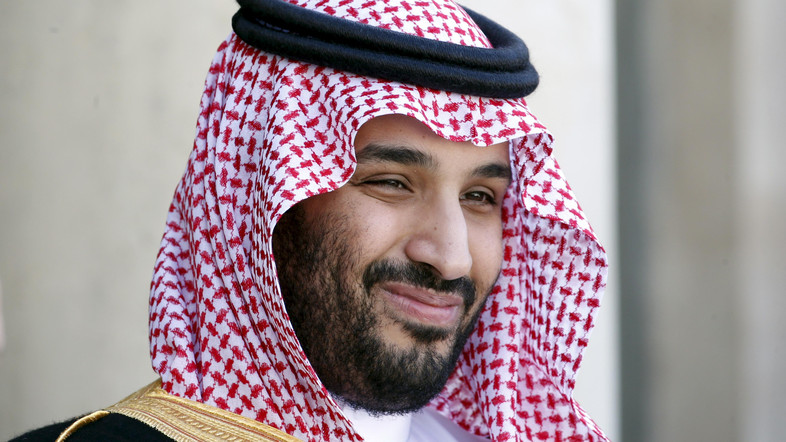Khobar-Saudi Deputy Crown Prince Mohammed bin Salman al-Saud revealed details on his future national economic plan, which is expected to be fully displayed over upcoming months. The plan aims at reducing Saudi economic oil dependence as an income source during the upcoming twenty years.
In a long conversation with Bloomberg, his Highness Prince Mohammed gave details on increasing Public investment to play a principal role in the governmental budget. His Highness explained that the steps towards increasing Public investment significance is to establish a public investment fund which includes important internal and external Saudi investments which cover Saudi Arabia’s Kingdom share in Saudi Aramco.
With the given altercations, Saudi public investment will stand to be the world-wide largest sovereign wealth fund.
His Highness also added that Saudi Aramco will also be transformed into a joint-stock company, by offering less than 5 percent of mother company stock for subscription within the upcoming two years.
The deputy crown prince has signaled that the long-awaited IPO for oil firm Aramco could happen in 2017.
Moving stock ownership into the public investment fund will swell fund asset into an approximate 2 trillion dollars, which will rank it above Norway sovereign wealth fund and The Abu Dhabi Investment Authority (ADIA).
“IPOing Aramco and transferring its shares to PIF (public investment fund) will technically make investments the source of Saudi government revenue, not oil,” the prince said.
“What is left now is to diversify investments. So within 20 years, we will be an economy or state that doesn’t depend mainly on oil,” his Highness added.
The Deputy Crown Prince spoke about ongoing events in world power markets. He also spoke on some topics regarding the Kingdom’s oil policy, clarifying that Saudi Arabia will not agree on holding the rate on oil production unless Iran and other major oil producers do so as well.
Iran had already announced that it would not be joining the rest of OPEC producers, and other global producers, in the meetings they will be holding in Doha, Qatar on April 17 for freezing oil rate production.
Freezing production rate aims at backing oil prices.
